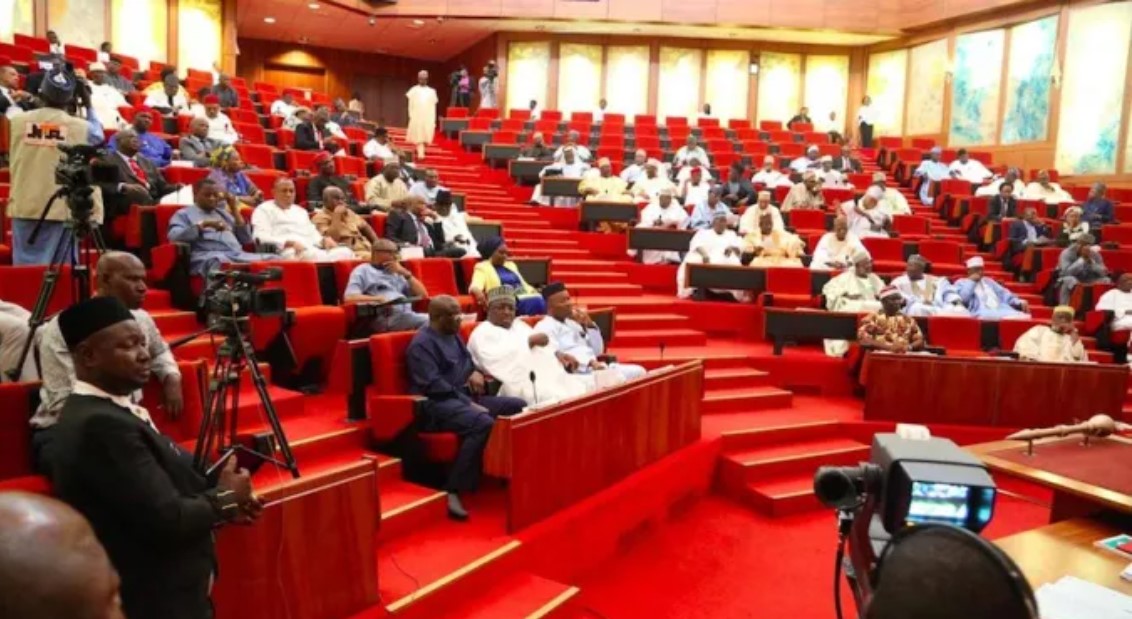
Nigeria Approves Dual Certification for Colleges of Education, Launch Set for 2025
- Education
- No Comment
- 33

In a landmark move to overhaul teacher education and boost graduate employability, the Federal Government of Nigeria has approved a dual certification programme for all Federal Colleges of Education (FCOEs), enabling them to award both the Nigerian Certificate in Education (NCE) and bachelor’s degrees in education.
Minister of Education, Tunji Alausa, announced the initiative on his official X (formerly Twitter) account, confirming that the rollout will commence in the 2025/2026 academic session, beginning September 2025. The dual-certification mandate stems from the revised Act governing Colleges of Education, signed into law by President Bola Ahmed Tinubu in 2023.
“This transformative step aims to strengthen Nigeria’s higher education system and make our graduates more globally competitive,” Alausa stated. He emphasized that the change reflects the government’s long-term vision of raising educational standards and aligning teacher training with international best practices.
Under the reformed structure, students at FCOEs will now graduate with both an NCE and a bachelor’s degree, significantly enhancing their academic and professional credentials.
The Ministry of Education is collaborating with critical stakeholders—including the National Universities Commission (NUC), National Commission for Colleges of Education (NCCE), and Joint Admissions and Matriculation Board (JAMB)—to ensure smooth implementation.
The government has already initiated strategic engagements with FCOE management and staff unions to discuss curriculum redesign, capacity building, and administrative alignment needed to support the dual certification.
In his remarks, Alausa underscored the importance of teachers in national development, stating:
“The way we educate our students must evolve. Teaching is not just a job—it’s a cornerstone of nation-building. We must adapt to new realities and prepare our educators for the future.”
He called for a shift in public perception of teaching, urging society to treat educators with the respect they deserve, adding that the initiative will uplift the profession and inspire the next generation of teachers.
By awarding both the NCE and a Bachelor’s degree, the programme is designed to give graduates a competitive edge in both local and international job markets. Stakeholders believe the policy will help close Nigeria’s teaching skills gap, raise the status of the teaching profession, and offer greater career mobility to graduates.
While Nigeria’s education reform is notable, countries like Finland and Singapore—known for their high-performing education systems—have long mandated bachelor-level qualifications for teachers. With this move, Nigeria signals its intention to follow suit, aligning with global standards in teacher training.
The dual certification model has been described by analysts as one of the most progressive steps in Nigeria’s education policy in recent years, aiming not only to produce better-trained teachers but also to reposition the profession as a respected and rewarding career path.
By Confort Samuel
Nigeria Approves Dual Certification for Colleges of Education, Launch Set for 2025




